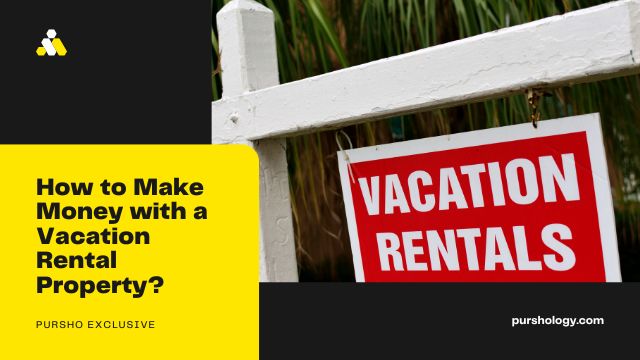Assuming you have the means to purchase a vacation rental property, your next step is to start preparing for its potential rental income. This involves learning about the business of owning a vacation rental property, financing it, and planning for down-times. You can also learn how to manage the property and make it more profitable and organized with vacation rental software. You may also find that it can be lucrative to sell it at a later date.
Investing in vacation rental properties
There are many factors to consider before investing in vacation rental properties. The location is the most important factor, and is one you can’t change once you have bought the property. It is essential to determine the market conditions in your desired location and compare the prices of properties in the area. Also, take into account the number of people who might rent the vacation rental property and the price range. Moreover, you should consider the location’s amenities and employment rate.
Managing a vacation rental property
If you have a vacation rental property, you may want to consider managing it to make money. There are several things you should keep in mind when managing a vacation rental property. For instance, if you have a larger property, you can charge more per night. You should also consider the location of the property. It should be in a desirable location year-round. This will allow you to charge higher rates than you would otherwise.
Planning for down-times
If you’re renting out your vacation rental property, you’ll want to be prepared for down-times. Although most rental properties are seasonal, it is important to plan for down-times and to be prepared for the occasional vacancy. The demand for a vacation rental property must be high enough to compensate for the less-busy months. Experts recommend planning for a 25 percent vacancy rate. You’ll also need to factor in other costs, such as cleaning, insurance, and maintenance.
Financing a vacation rental property
Buying a vacation rental property is an exciting adventure. Before you make the final decision, take your time to think about the finances and thing s from Vacation rental channel manager. Regardless of how much you want to spend, you should be sure that the rental income you can expect will cover your mortgage payments. While most rentals are seasonal, demand for these properties must be high enough to offset vacancy rates. Experts recommend factoring in a 25 percent vacancy rate. You should also factor in the fees and charges associated with renting out your property.
Tax implications of owning a vacation rental
Owning a vacation rental property has a number of tax implications. For starters, income from renting your vacation home is tax free. Unlike other types of income, however, it must be reported on your tax return. In addition, mortgage interest and real estate taxes on your rental property are deductible on your Schedule A. If you use your vacation home as a rental, make sure to keep these expenses separate from your personal expenses.




